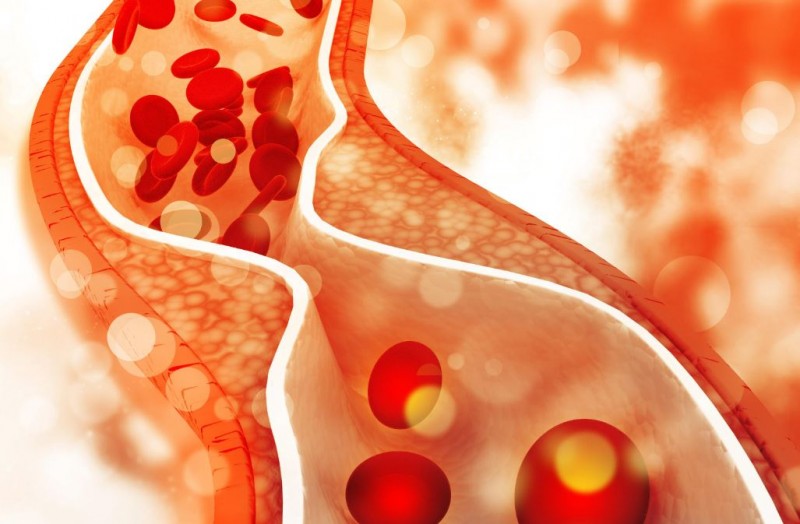
Cholesterol is a crucial substance for the human body. It is a waxy, fat-like substance found in the blood and plays a vital role in creating new cells and maintaining the health of existing ones. However, elevated levels of cholesterol in the bloodstream can lead to the blockage of arteries and cells, often resulting in heart disease. In this article, we will explore the symptoms of high cholesterol and how dietary changes can help manage cholesterol levels effectively.
Symptoms of High Cholesterol
High cholesterol levels typically do not exhibit specific symptoms, making it a silent threat to health. However, there are some physical signs associated with high cholesterol that individuals should be aware of:
Leg Pain: High cholesterol can cause pain in the legs, particularly during physical activity. This may be due to reduced blood flow caused by cholesterol buildup in the arteries.
Breathing Difficulty: Some individuals with high cholesterol may experience shortness of breath, especially during exercise or exertion. This is often a result of reduced oxygen supply to the heart.
Excessive Sweating: Increased sweating, even without physical activity or hot weather, can be a symptom of high cholesterol. This is because cholesterol can affect the autonomic nervous system.
Chest and Jaw Pain: Pain in the chest or jaw can occur due to reduced blood flow to the heart muscles, a condition known as angina. It is a common symptom of high cholesterol.
Nausea and Vomiting: Persistent nausea and occasional vomiting can be indicative of high cholesterol levels affecting blood circulation.
It's important to note that these symptoms may not be exclusive to high cholesterol and can be associated with other medical conditions. Therefore, if you experience any of these symptoms, it is essential to consult a healthcare professional for a proper diagnosis.
Dietary Changes to Lower Cholesterol Levels
One of the most effective ways to manage high cholesterol levels is by making dietary changes. Here are some dietary modifications that can help lower cholesterol levels:
Increase Consumption of Legumes: Legumes such as lentils, beans, and chickpeas are rich sources of soluble fiber. Soluble fiber acts like a sponge, absorbing cholesterol and preventing it from being absorbed into the bloodstream. Including more legumes in your diet can help reduce cholesterol levels.
Nuts: Nuts, particularly almonds and walnuts, are high in monounsaturated fats, which can help lower bad cholesterol (LDL) levels. Additionally, they contain amino acids and L-arginine, which promote the production of nitric oxide, aiding in maintaining healthy blood pressure and reducing cholesterol.
Apples: Apples are not only a delicious snack but also a heart-healthy food. They are rich in polyphenols, compounds that can increase good cholesterol (HDL) levels while lowering bad cholesterol levels.
Garlic: Garlic contains a compound called allicin, which has been shown to have cholesterol-lowering properties. Incorporating garlic into your meals may help reduce cholesterol levels.
Whole Grains: Whole grains like oats and barley are high in beta-glucan, a type of soluble fiber that can effectively reduce LDL cholesterol levels. Consuming whole grains regularly can contribute to better heart health.
Leafy Greens: Dark leafy greens such as spinach and kale are not only packed with essential vitamins and minerals but also contain plant sterols that can help lower cholesterol absorption in the intestines.
High cholesterol is a silent but significant risk factor for heart disease. While it may not display obvious symptoms, its impact on cardiovascular health can be severe. Adopting a diet that includes legumes, nuts, apples, garlic, whole grains, and leafy greens can be an effective way to manage cholesterol levels and reduce the risk of heart disease. However, it's essential to consult with a healthcare professional or nutritionist before making significant dietary changes to ensure they align with your individual health needs. By taking control of your diet, you can take a proactive step towards better heart health and overall well-being.
How to Enjoy the Health Benefits of Fried Rice on National Fried Rice Day
Empower Yourself: 10 Proven Ways to Prevent Cancer
There is no stronger option of Smartwatch than this in the entire market, know what is the specialty